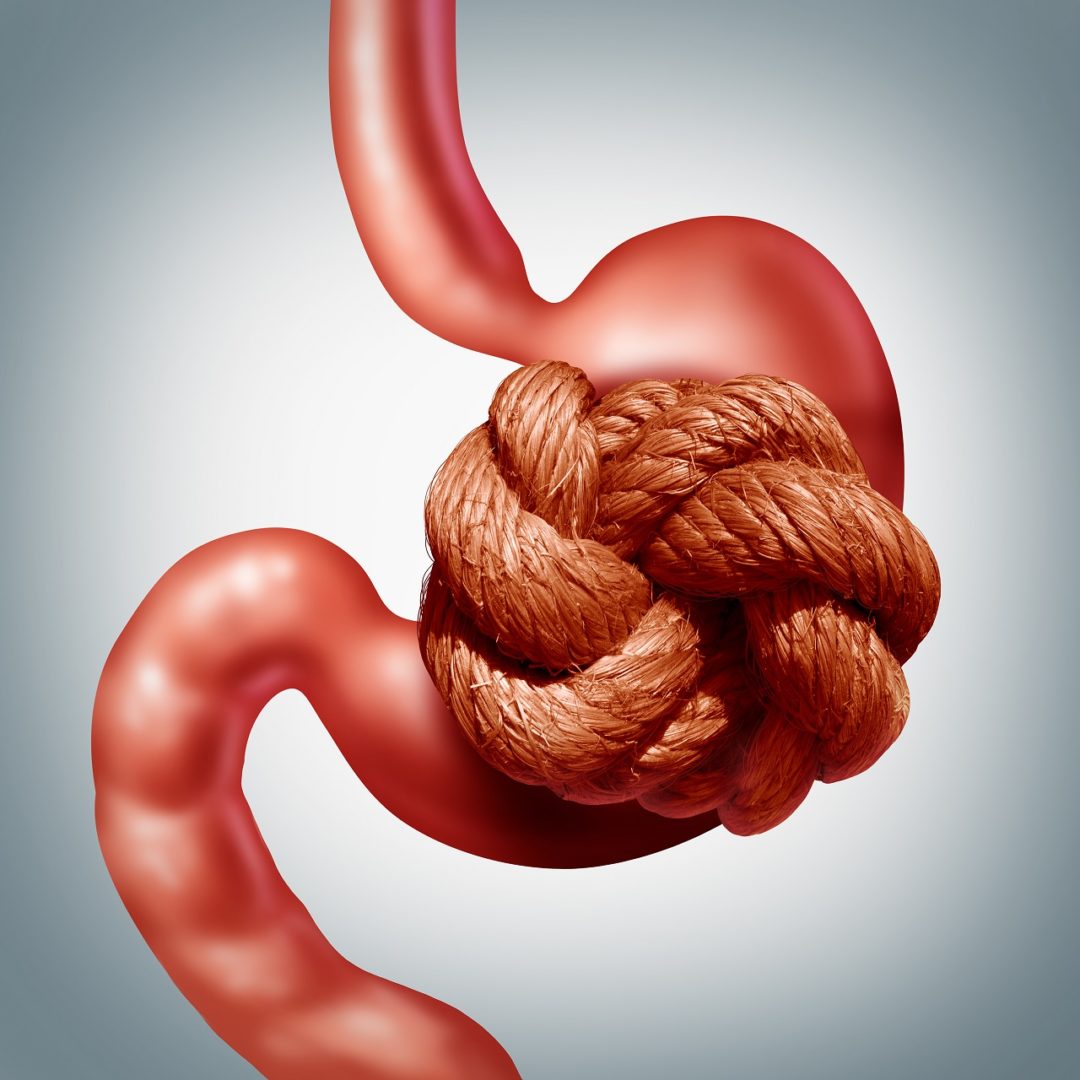A new study conducted byBMC Complementary and Alternative Medicinefound that the consumption of the proprietary yeast fermentate EpiCor results in beneficial modulation of the gut microbiome and improvement of gastrointestinal comfort and constipation. EpiCor is a natural immune strength ingredient fermentate created by a proprietary fermentation method researched, developed, and manufactured by Embria Health Sciences, LLC, of Ankeny, Iowa USA. Massimo Marzorati, Ph. D., PostDoc at Ghent University and co-founder of Predigest, the contract research organization that conducted the trial, says that “the positive results with EpiCor in this study are very encouraging since an ingredient of this kind has never been evaluated for its role in gut microbiota shifts and effects on common constipation-associated symptoms.”
Constipation prevalence ranges between five percent and 20 percent in the general population. There was an estimated 3.2 million visits to medical centers in the United States in 2012. Treatment can cost $1,912-$7522 per patient. Constipation not only hurts the economy, but also patients’ quality of life both physically and mentally. Although many rely on pro- and prebiotics to relieve constipation, theHuman Gut Study Journalexplains that in reality there is not enough evidence to recommend probiotics for functional constipation. Prebiotic fibers benefit gut bacteria, however often lead to bloating and gas. Because of this, people are often unable to stay on them.
The current EpiCor study was conducted after a previous in vitrostudy suggested that EpiCor fermentate was able to favorably modulate the composition of the gut microbiome, a trait similar to that of a probiotic.
In this most recent randomized, double-blind, placebo-controlled parallel design study, eighty subjects who suffered gastrointestinal discomfort and constipation were randomly assigned to one of two trial arms, either placebo or EpiCor fermentate. They were then placed in to two subgroups according to the severity of their symptons: severe and moderate. The subjects were administered a low dose of only 500 mg/day of EpiCor, much lower than the recommended doses for prebiotic fibers. Gastrointestinal symptom, stool frequency and consistency, and constipation-associated quality of life and general perceived stressed were assessed along with fecal samples.
Results showed that even with the low dosage, the fermentate greatly improved symptoms such as bloating, feeling of fullness, and general daily scores in the moderate subgroup. The total cohort experienced a significant increase in stool frequency as well as an improvement in constipation-associated quality of life and general perceived stress. BacteriaBacteroidaceaeand Prevotellaceaepreviously reported to be deficient in constipated patients increased with EpiCor fermentate in the severe subgroup. The moderate subgroup experienced an increase in the potentially beneficially speciesAkkermansia muciniphila.
Larry Robinson, Ph.D., Vice President of Scientific Affairs at Embria is optimistic about the new EpiCor findings. He says “this could be a real breakthrough for millions of consumers looking for advanced solutions to remedy gut discomfort and manage occasional constipation outside of probiotics and prebiotic fibers.”

2025 Natural Choice Awards
March 31, 2025










